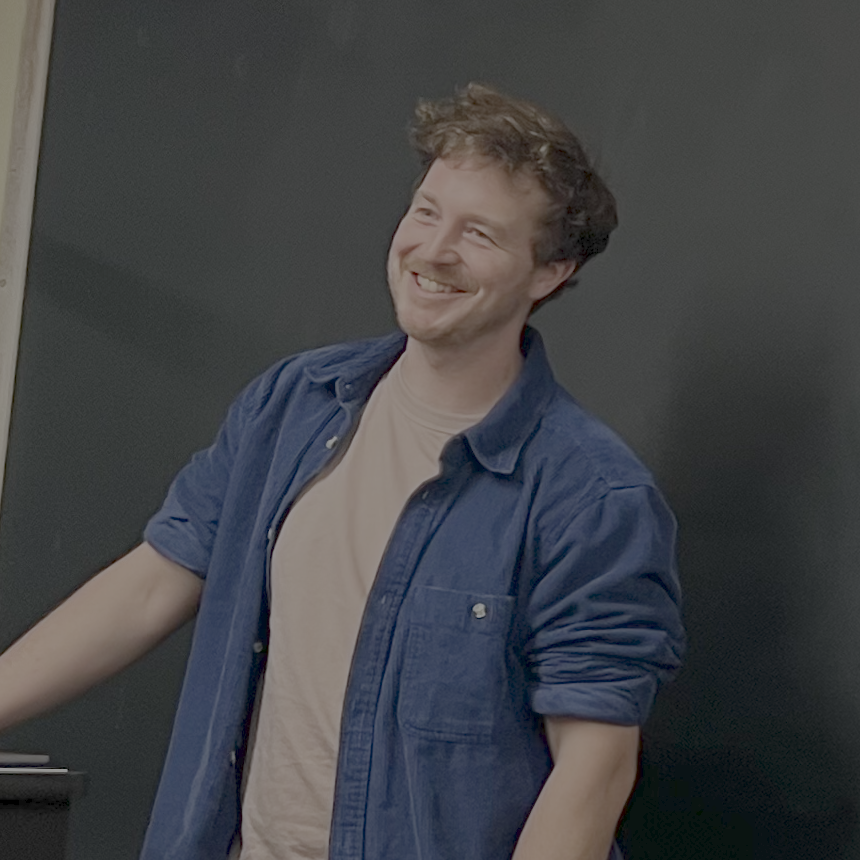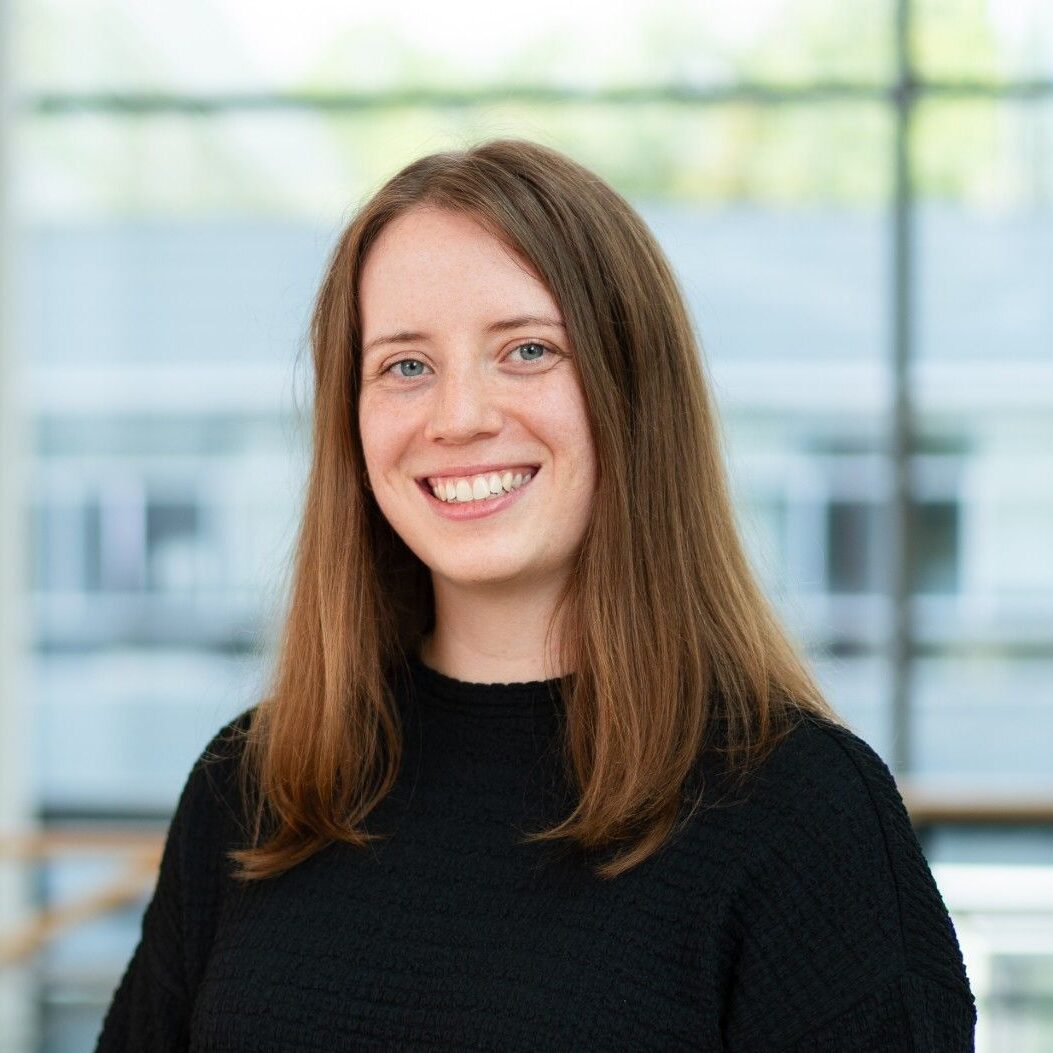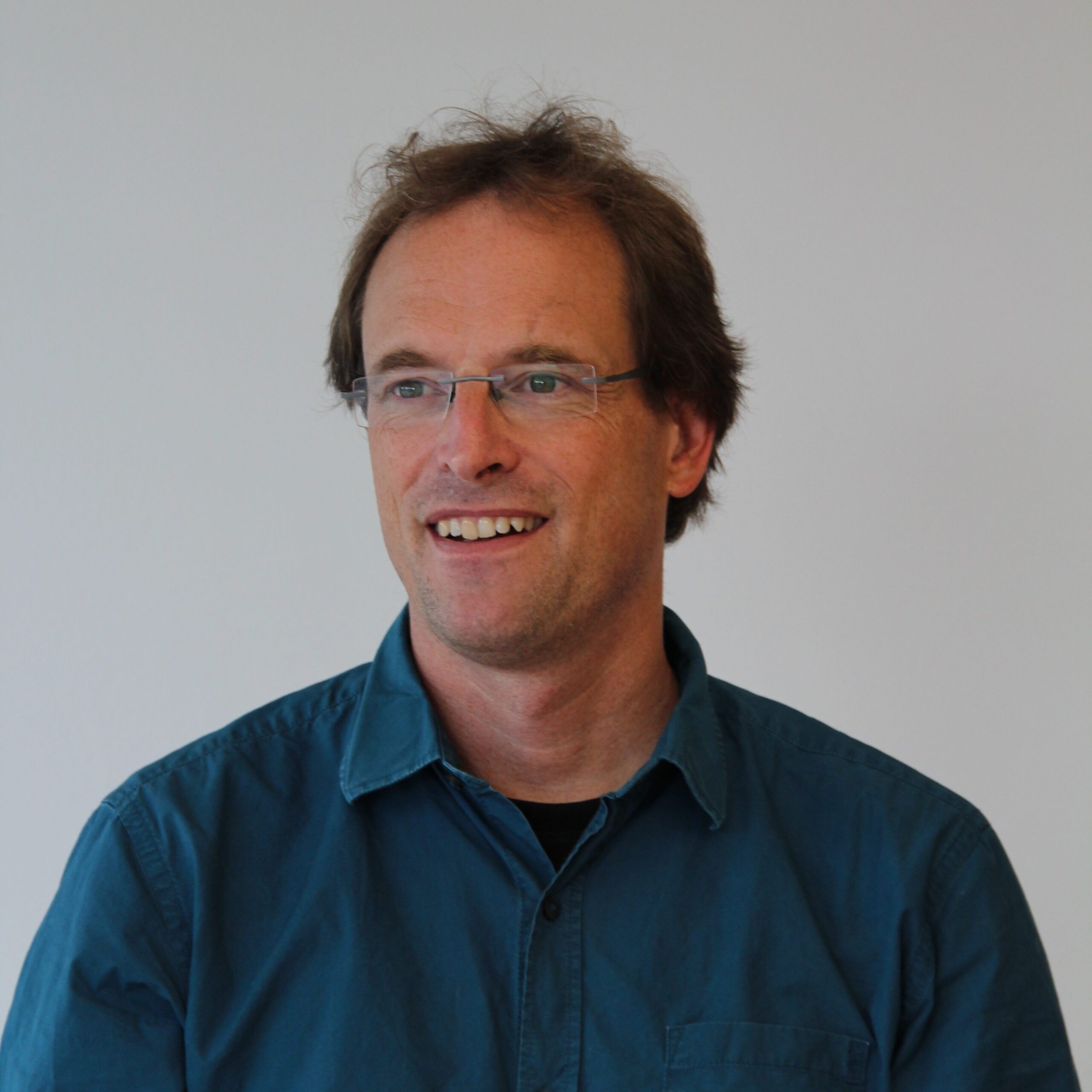Our mission is to advance the development and application of Artificial Intelligence as a transformative tool for understanding and mitigating complex weather- and climate-related risks across timescales, from immediate hazards to near-term projections and decadal to centennial foresight.
This working group builds on the recognition that AI holds unique potential to support the entire early warning chain, encompassing systemic forecast or prediction tasks beyond weather (i.e. hazards and impacts), as well as communication and early warning tasks and decision support applications.
Meet the team!

Vitus Benson
Vitus Benson is a PhD Candidate in Machine Learning for Earth and Climate Science at Max Planck Institute for Biogeochemistry, ELLIS Unit Jena and ETH Zürich. He is a member of the ELLIS PhD program, co-founder of the AI4Carbon community initiative and a TEDx speaker. He co-organized multiple workshops on AI for Anticipatory Action and Climate Risk Mitigation with the Anticipation Hub of the Red Cross Red Crescent movement. In his research, he explores the use of large-scale machine learning — i.e. deep neural networks — for solving global challenges in the Geosciences. More specifically, he focusses on two problem areas: carbon monitoring and early warning systems. Within the RISK KAN working group his interests center around bridging time scales from impact-based forecasting to decadal early warning, effectively pushing beyond the traditional silos humanitarian action and sustainable development.

Kai Kornhuber
Kai Kornhuber is a senior research scholar in the Integrated Climate Impacts Research Group of the IIASA Energy, Climate, and Environment Program, where he leads the theme Extreme Weather and Climate Dynamics. Within this theme he is advancing the understanding and modeling of high impact and compound extreme weather events to provide robust estimates of complex and cascading climate risks under present conditions and future climate scenarios.
He also works as adjunct professor of Climate at the Columbia Climate School. As part of this role, he teaches complex climate risks at Columbia University in New York and serves as an adjunct assistant research scientist at the Lamont-Doherty Earth Observatory.

Kelley De Polt
Kelley De Polt is a PhD researcher in the Department of Biogeochemical Integration at the Max Planck Institute for Biogeochemistry and an external PD candidate with the Water & Climate Risk group at VU Amsterdam’s Institute for Environmental Studies. She holds a BS in Meteorology and a MS in Geography, complemented by work at two applied climate research and service centers during that time. Her current research focuses on advancing the understanding and modelling of dynamics of risk components in the context of (multi-hazard) heatwaves and their corresponding societal impacts. Her work is set in the scope of the MYRIAD-EU project, with the objective of advancing multi-hazard, multi-sector, systemic risk management.
Photo: © Tristan Vostry

Markus Reichstein
Markus Reichstein is Director at the Max Planck Institute for Biogeochemistry and Professor of Global Ecology at the University of Jena. He co-founded the ELLIS (www.ellis.eu) program “Machine Learning for Earth and Climate Science” and the ELLIS Unit Jena (www.ellis-jena.ai) within the Michael-Stifel-Center for Data-driven and Simulation Science. He serves on the German National Committee Future Earth and the Thuringian Climate Panel, and has contributed as a lead author to the IPCC.
His research focuses on how ecosystems respond to climate variability and extremes, using artificial intelligence and classical modeling with Earth observation data. His work aims to understand and strengthen resilience in the climate-environment-society system.
Markus has received several honors, including the Leibniz Prize (2020), AGU Union Fellow (2025), and election to the German National Academy of Sciences Leopoldina (2025). He is passionate about using data-driven science and AI for understanding complex climate-environmental-societal systems, to help societies become more resilient and sustainable.
Working Group Updates
Upcoming events
Stay tuned — new events will be announced soon.